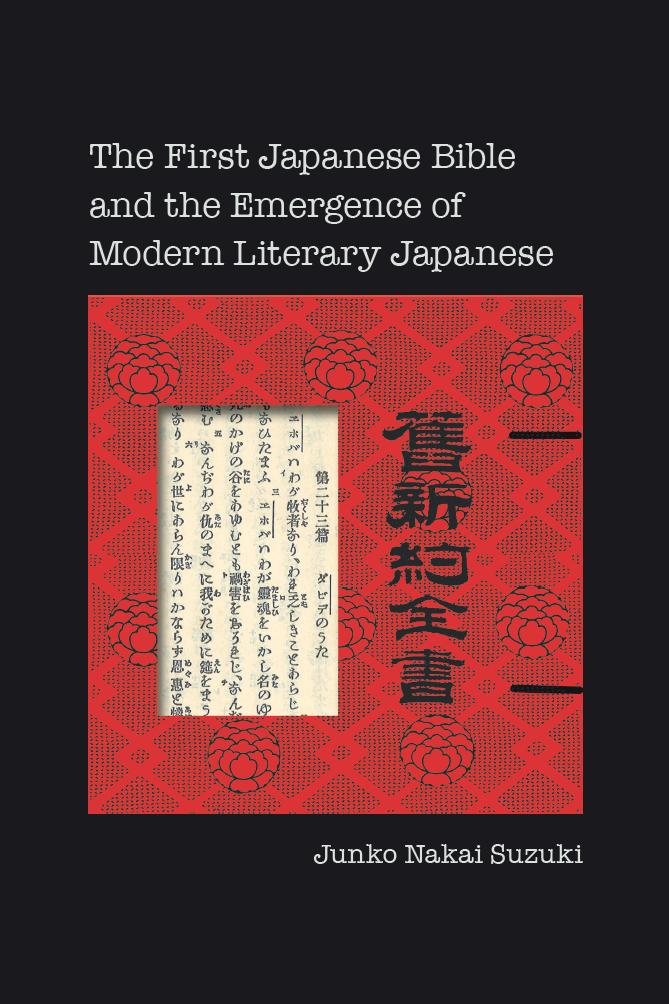The First Japanese Bible, and its Role in the Emergence of Modern Literary Japanese
£85.00
This ground-breaking book depicts the life, times and works of the Bible translators of nineteenth-century Japan and the prominent role they played in helping to shape modern Japan.
This ground-breaking book depicts the life, times and works of the Bible translators of nineteenth-century Japan and the prominent role they played in helping to shape modern Japan.
The translation of the Bible into Japanese occurred at a time of great cultural turmoil, when Japan was grappling with industrial and technological modernization in the shift from a feudal agrarian society after 260 years of isolation. In this turmoil, the cultural question of literary style was deemed of great importance. Because of the dichotomy between those who read Chinese (in a Japanese way) and those who did not, the need for reform and simplification was considered an essential aspect of the modernization of Japanese society. The Japanese Bible emerged as a prime example of such a style.
Suzuki’s study traces the development of the primary versions that culminated in the production of the first complete Japanese Bible, the Meiji Version of 1887. The translation of the Psalms, in particular, gained wide acclaim, even being said to be as incomparable as Mt Fuji. The literary quality of the Hebrew Bible was conveyed by the integration of a pure Japanese elegance, Chinese gravitas and freshness of Western and even some Hebrew elements of style.
For the first time, this volume gives due weight to three factors: appreciation of the Chinese Bible by the Japanese Bible translation, its fidelity to the primary Hebrew and Greek source texts, and its adoption of a pure Japanese style as the foundation.


Reviews
There are no reviews yet.